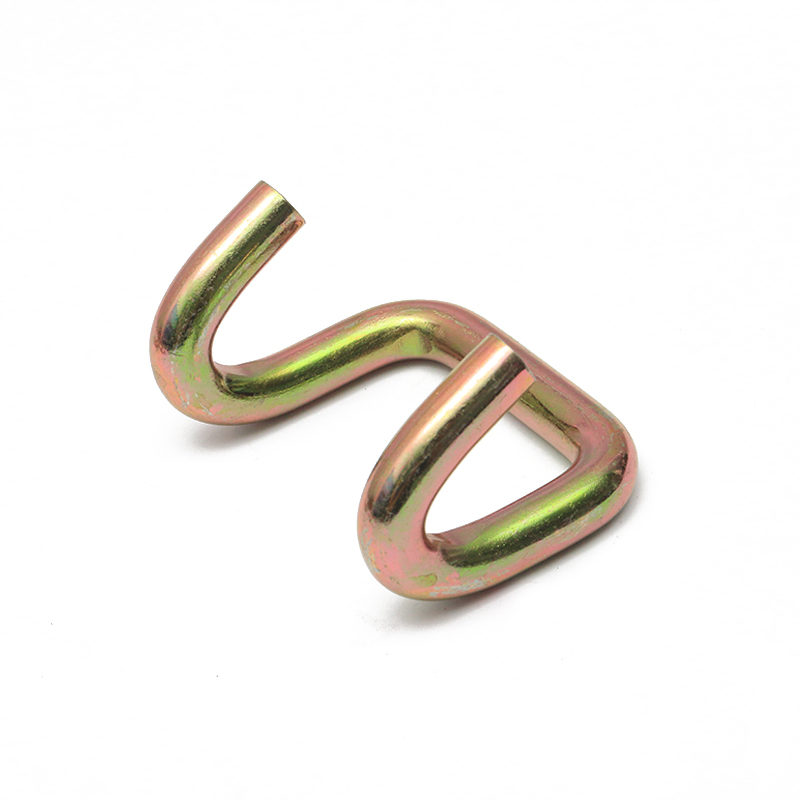No.2 new District Minglun Village,Wuxiang Town,Yinzhou District
-

Tel: +86 18658447778
-

E-mail: [email protected]
-


Material type and composition:
The fracture strength of U-shaped metal hooks largely depends on their manufacturing materials. High quality materials such as high-strength alloy steel typically have higher fracture strength.
The alloying elements in the material (such as Cr, Ni, Mo, etc.) and the purity of the material can also affect its fracture strength.
Material processing and heat treatment:
The heat treatment state (such as quenching, tempering, etc.) has a significant impact on the mechanical properties of materials. Appropriate heat treatment can improve the fracture strength of materials.
The content of non-metallic inclusions, grain size, microstructure, etc. in materials can also affect their fracture strength.
Design and Manufacturing Process:
The design of U-shaped metal hooks (such as size, shape, transition fillet, etc.) will directly affect their stress distribution and fracture strength.
Defects (such as cracks, pores, inclusions, etc.) in manufacturing processes (such as forging, casting, cutting, etc.) can reduce their fracture strength.
The heat treatment process in manufacturing processes, such as heating and cooling rates, can also affect the microstructure and fracture strength of materials.
Usage environment:
U-shaped metal hooks may be affected by environmental factors such as temperature, humidity, and corrosive media during use, which can reduce their fracture strength.
For example, the mechanical properties of materials may change under high temperature environments, leading to a decrease in fracture strength.
Stress state:
U-shaped metal hooks may be subjected to various stresses such as tension, compression, bending, and torsion during use, and the combination and magnitude of these stresses can affect their fracture strength.
Especially in stress concentration areas (such as transition corners, notches, etc.), fracture is more likely to occur.
Service life and fatigue damage:
With prolonged use, U-shaped metal hooks may be affected by fatigue damage, leading to a gradual decrease in their fracture strength.
Fatigue damage is the gradual accumulation of damage in materials under repeated stress, ultimately leading to fracture.